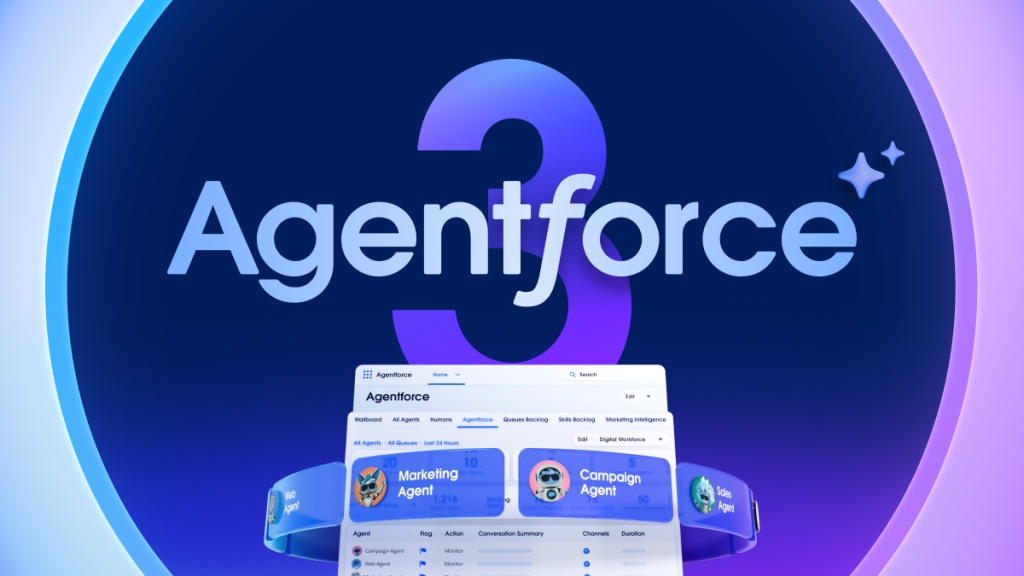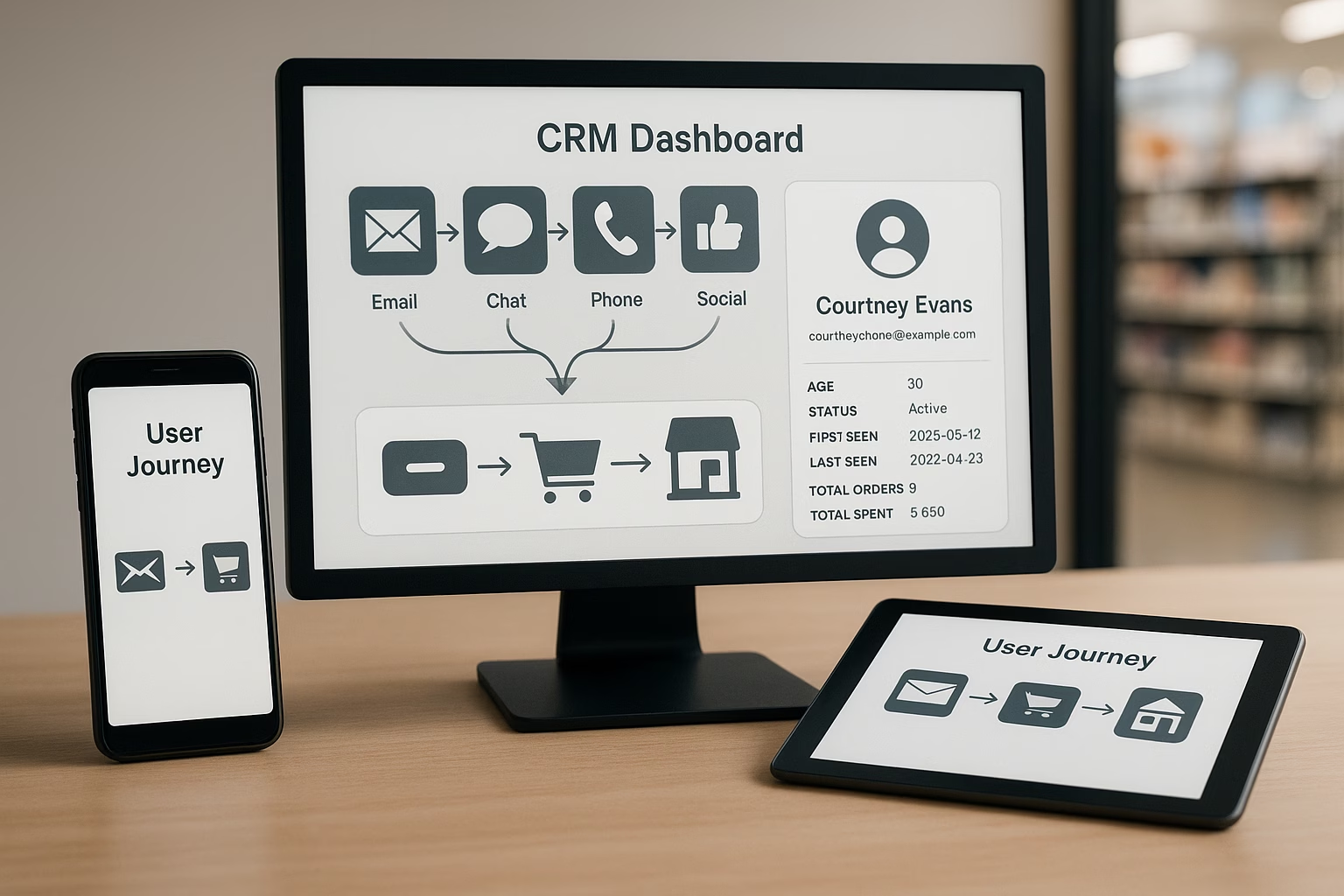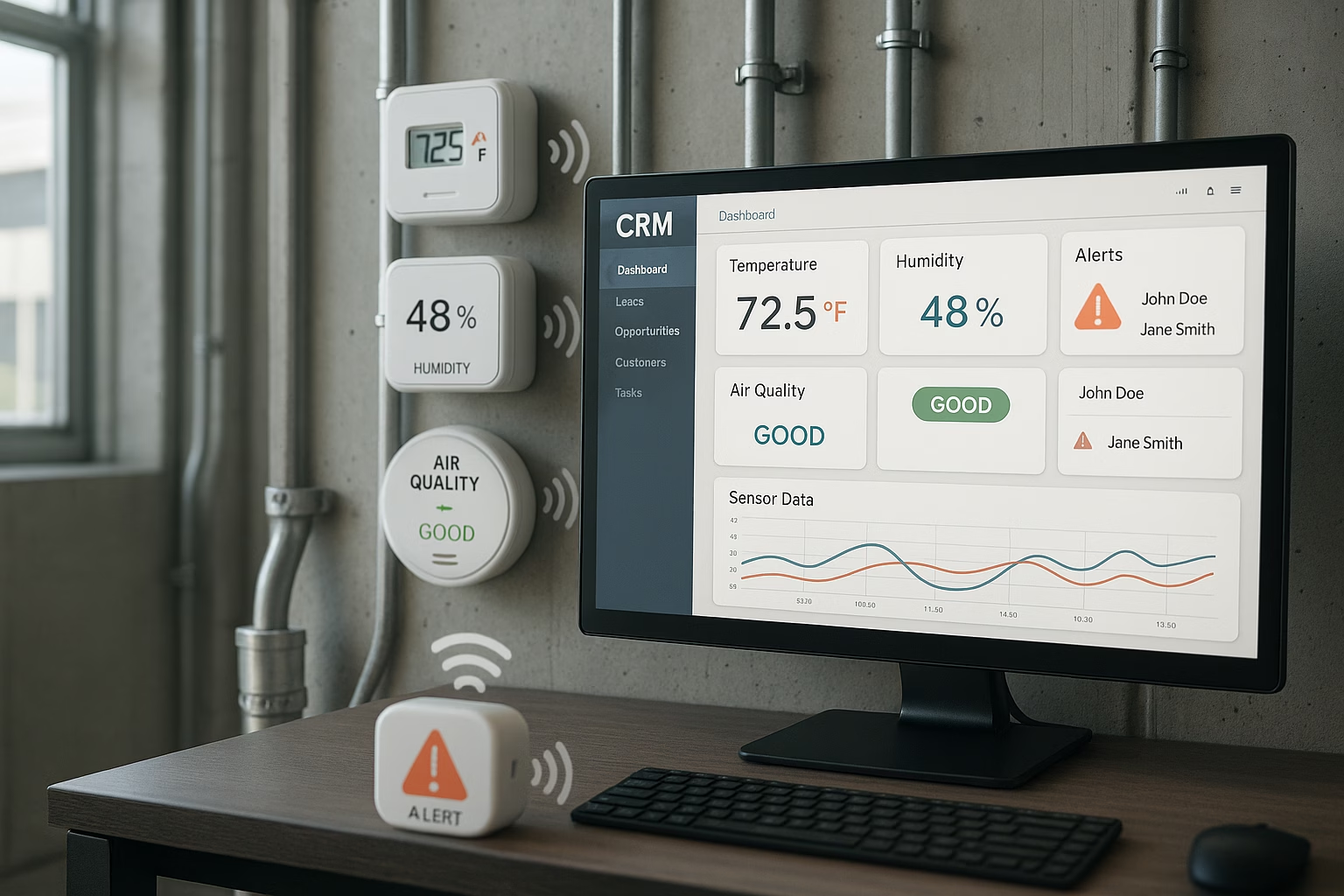Why listening matters more than you think
Rushing to solutions before fully understanding the issue wastes time, damages trust, and leads to decisions based on assumptions. You’ve probably seen it happen—someone jumps in with an answer before the real problem is even clear. It’s frustrating, and it rarely leads to the right outcome. Effective leadership means knowing when to ask questions, encouraging discussion, and ensuring everyone’s perspective is heard before making decisions. Research from Harvard Business Review shows that companies with a strong listening culture build trust, improve communication, and perform better overall. If people don’t feel heard, they stop contributing. Critical insights get lost, and decisions suffer. But when you take the time to listen, collaboration improves, engagement rises, and solutions become more effective.
Listening also plays a significant role in conflict resolution. Miscommunication is one of the biggest causes of workplace tension, and leaders who fail to listen risk making assumptions that escalate issues rather than solving them. Studies show that teams with leaders who actively listen experience 40% fewer workplace disputes, leading to a more cohesive and productive environment.
The business impact of listening well
Listening is a core leadership skill that directly influences performance and decision-making. When you listen properly, you get to the root of problems instead of dealing with surface-level symptoms. Employees trust you more, meaning they’ll share honest feedback and ideas. Fewer misunderstandings mean fewer mistakes and costly rework.
A study in the International Journal of Business Communication found that managers who practice active listening see a 30% improvement in employee engagement and problem-solving effectiveness. Gallup research adds that employees who feel heard are 4.6x more likely to do their best work, which directly impacts productivity and workplace morale. And it’s not just about your internal team. Salesforce reports that 84% of customers say being treated like a person—not just a transaction—affects their decision to do business with a company. When leaders prioritise listening, employees follow suit, leading to stronger customer relationships and increased brand loyalty.
The challenge is making sure conversations translate into meaningful steps forward. Without follow-through, even the best discussions lose momentum. The most effective leaders make sure that listening results in clear next steps, reinforcing trust and accountability across the organisation.
How can you strengthen your listening skills?
Listening takes effort, but you can improve it with practice. The REAL framework is a simple way to structure your approach:
- Receive: Give your full attention to verbal and non-verbal cues.
- Engage: Ask open-ended questions that encourage deeper discussion.
- Align: Summarise key points to confirm understanding before responding.
- Learn More: Probe further to get the full picture before making a decision.
The Center for Creative Leadership highlights how small changes—like shifting from “Is this the problem?” to “What do you think is driving this challenge?”—can completely transform the quality of discussions. Instead of rushing to fix everything, focus on creating space for better thinking and more thoughtful responses.
Another technique is reflective listening, which involves paraphrasing what someone has said to demonstrate understanding. For example, instead of simply nodding along, say, “So if I understand correctly, the biggest challenge is aligning timelines across teams?” This not only shows the speaker that you are engaged but also helps clarify any misunderstandings before they turn into bigger issues.
What’s getting in the way of listening?
You might not realise it, but common habits can block real listening. If you’ve ever found yourself mentally preparing your response while someone else is talking, zoning out, or assuming you already know the answer, you’re not alone. Some of the biggest listening barriers include:
- Jumping to solutions too quickly. The urge to fix things fast often means you’re missing important details. Instead of rushing in, ask a follow-up question to get more context.
- Thinking you already know the answer. Every situation has unique factors. Assuming you’ve seen it all before leads to poor decisions.
- Getting distracted. If you’re checking emails, thinking about your next meeting, or multitasking while someone is speaking, you’re not actually listening.
- Hierarchical listening. When you unconsciously dismiss input from junior employees or less experienced team members.
Breaking these habits requires intention. Slow down. Take a breath before responding. Instead of reacting immediately, summarise what you’ve heard to confirm you’re aligned. This simple shift builds trust, strengthens conversations, and leads to better results. Studies show that organisations with open, two-way communication perform 25% better in innovation and problem-solving. Encouraging input at all levels creates a more dynamic and effective decision-making process.
Listening without action is pointless
People want to feel that their input leads to real impact and change. If someone raises a concern, acknowledge it, follow up, and communicate what’s happening next. If there’s no immediate solution, be transparent about it. When employees and teams see that their ideas lead to real change, engagement and trust grow. One way to ensure follow-through is by setting clear next steps at the end of discussions. If a team member highlights a recurring bottleneck, assign ownership and a timeline to address it. Even if a resolution isn’t immediate, a simple follow-up like, “I’ve raised this with the operations team, and we’ll discuss it in the next strategy meeting,” reassures employees that their concerns are taken seriously. Companies that embed listening into leadership create stronger teams, reduce conflicts, and build workplaces where people actively contribute. If you want to lead more effectively, start by paying closer attention to the conversations around you. How you listen today shapes the results you’ll get tomorrow.
How well do you really listen? Too often, leaders jump to solutions before fully understanding the problem. But the best decisions come from asking the right questions, encouraging open discussions, and making sure every voice is heard. Research shows that managers who practice active listening see a 30% boost in employee engagement and far fewer workplace conflicts. Want to build stronger teams and make better decisions? Start with how you listen. #Leadership #ActiveListening #Teamwork










